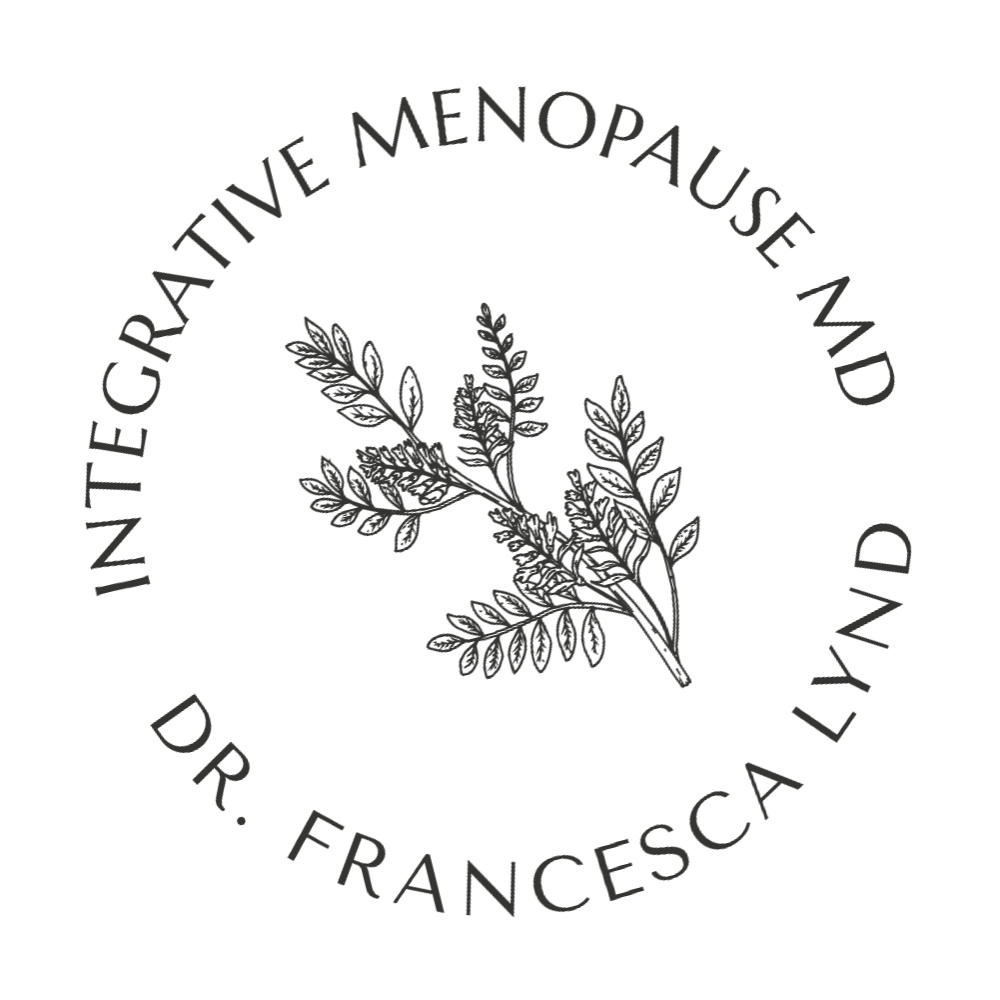Do women need a Vitamin D supplement during the menopause transition?
Aug 10, 2023
If I had to pick my favorite vitamin, then hands down I would have to choose Vitamin D by a fairly wide margin.
Why do I love vitamin D for the menopausal transition so much? Because so many common symptoms during the transition improve when low vitamin D levels have been addressed:
- Fatigue
- Heavier periods
- Muscle weakness
- Aches & pains
- Tension headaches
- Depression
- Weight gain
Why supplement with Vitamin D?
Insufficiency and out right deficiency are much more common than you would think. It is hard to get Vitamin D from food as it is not abundant in plants. Though it is more common in egg yolks, liver and fish we often do not eat enough to make a difference. Our bodies make vitamin D from sun exposure and longer winters with less sun translate into low Vitamin D levels. Our ability to make Vitamin D from sun exposure is quite variable depending on skin tone or skin thickness, not to mention our bodies convert to active vitamin D at different rates, so it is just not obvious when you personally may benefit from supplementing.
But there is a blood test…
Now I know you don’t want to take something you don’t need. But how would you know? Well, you would ask your doctor for a blood test—specifically 25-hydroxy Vitamin D. If they prefer not to test (some docs are still not convinced it is beneficial to test) then you can easily get this test done online.
Let’s say you did get tested…what is normal?
There is normal and then there is OPTIMAL. Many labs use a lower number for the cut off of normal. This is based on data for vitamin D in helping to prevent bone loss. However, optimal for overall health and immune function is often determined to be in the range of 40-60 ng/ml. Meta-analyses have shown that people with serum levels between 40-60 ng/ml have the lowest all-cause mortality. Perhaps aim for that range.
Choices Choices…
How do you get there? Spend a little time outdoors. No really, go for a walk whenever you can. It helps. But often you need to choose a good quality supplement and take it with food (the food helps your body to absorb the Vitamin D).
Look for the following:
- Preferably the vitamin D supplement is certified by the United States Pharmacopeia-you will see USP on the label. This will mean that Vitamin D is in the product you are purchasing. Seriously, this is a problem with over the counter supplements. For more on this {click here-blog on how to choose supplements}
- Buy the correct form: Vitamin D3 which is more potent than Vitamin D2
- Usually somewhere in the range of 1000-4000IU most days is all that is needed. The higher range in fall/winter/spring and lower in summer (if at all).
- Remember, more is not better. It is possible to overdo supplementation and develop symptoms of toxicity such high calcium levels leading to kidney failure, and heart arrhythmias. Overzealous supplement use is never a good idea. Women taking multiple supplements (you know who you are:) -you may be underestimating how much you are taking. Just take an appropriate dose to get you to the optimal range and hold you there.
This is very basic advice and intended for educational purposes only. You should work closely with your health care provider to make sure Vitamin D is appropriate for you and that it is not interacting with any other medications that you may be taking.
Wellness always,
Integrative Menopause MD





